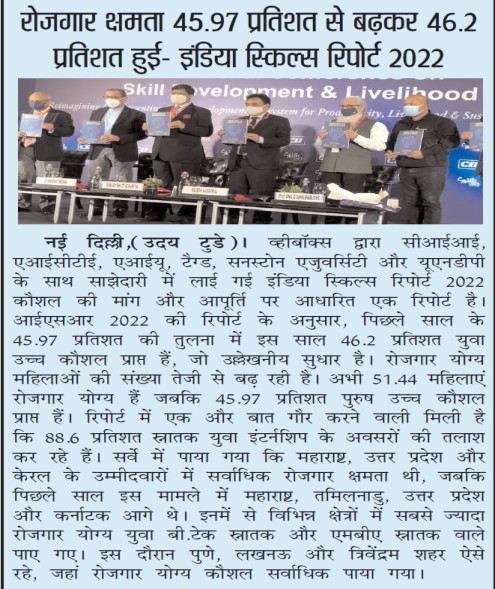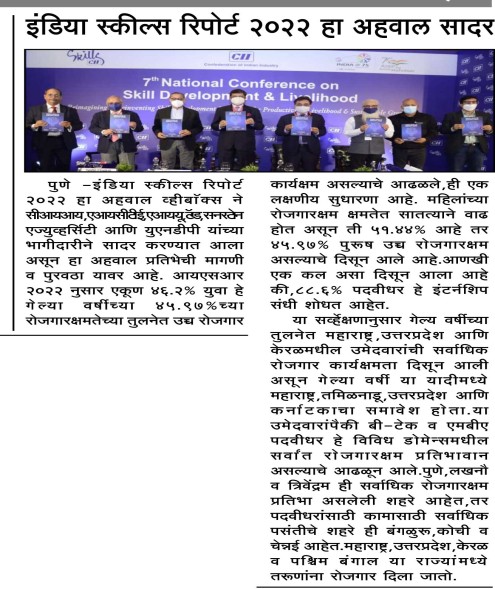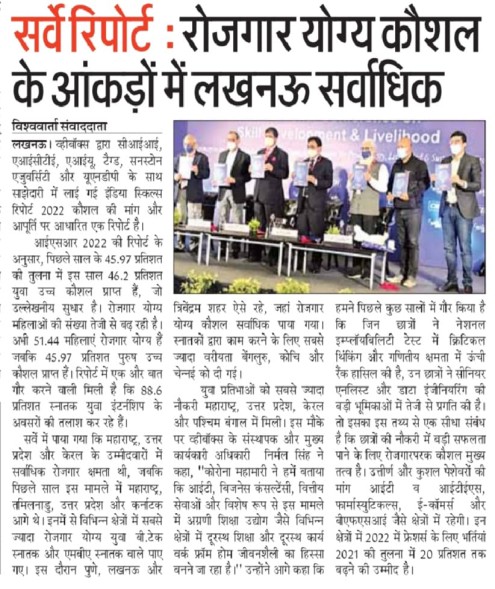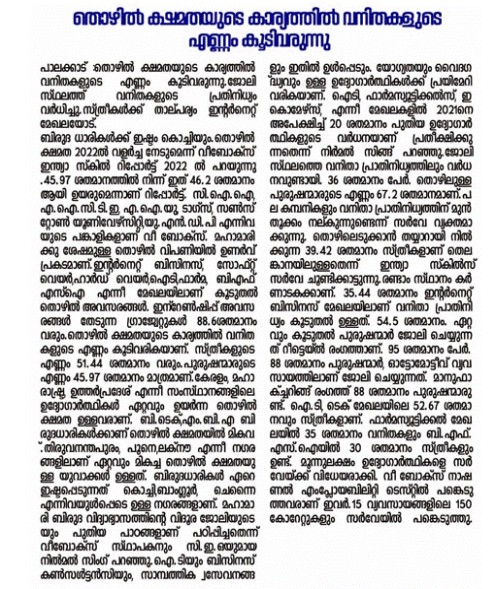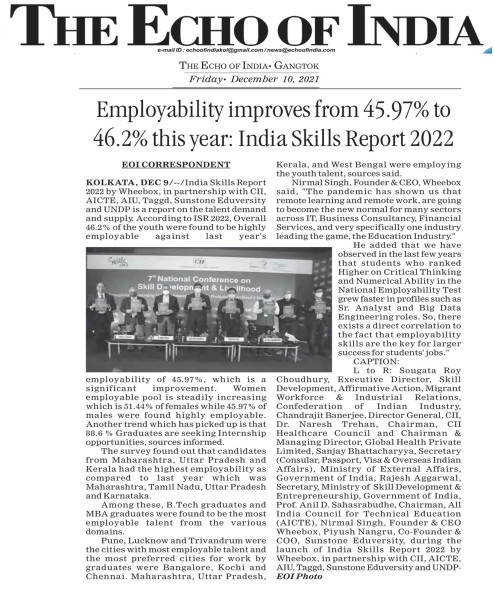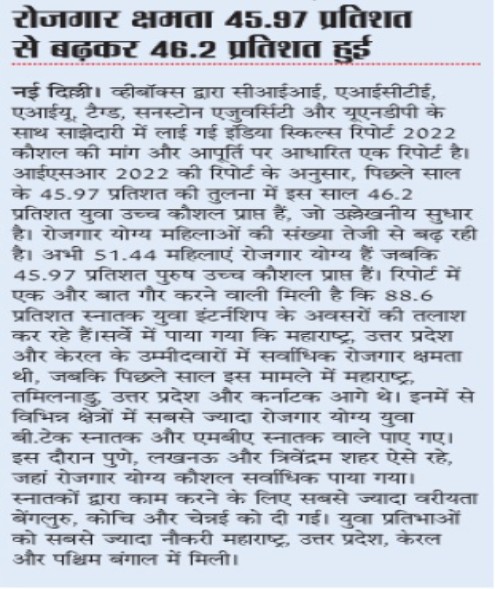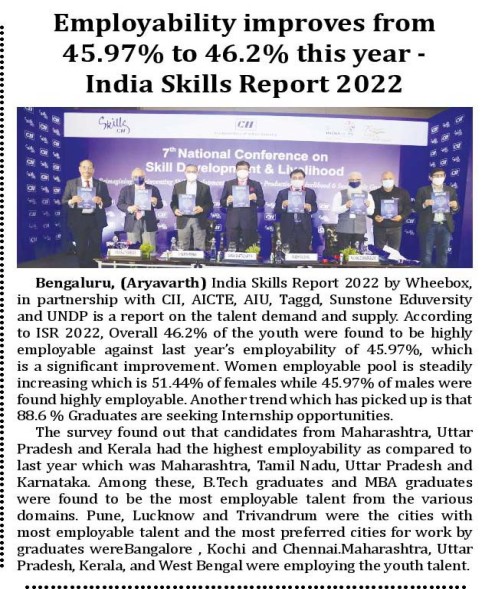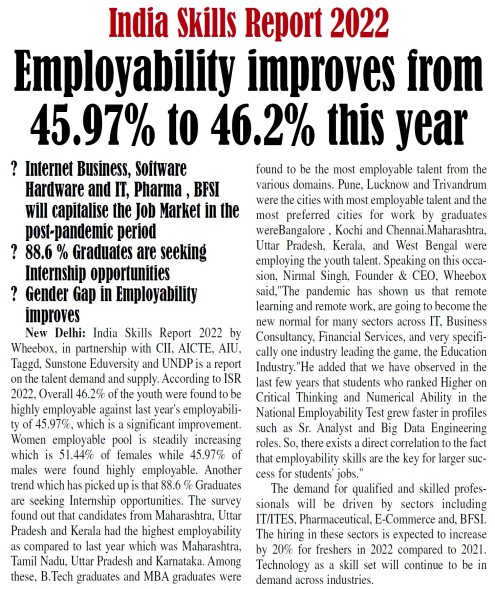5 easy ways to improve your Critical Thinking Skills
Why is critical thinking important?
The decisions that you make affect your quality of life. And if you want to ensure that you live your best, most successful and happy life, you're going to want to make conscious choices.
Critical thinking is the ability to think deeply and analyze a situation to arrive at a logical conclusion, so as to make informed decisions. One who exercises critical thinking at the workplace employs his rationality, keeping his cognitive biases aside to make wise decisions.
Critical thinking paired with emotional intelligence is an optimal combination of soft skills that will make you successful at the workplace.
Now-a-days, organizations value critical thinkers , they consider them as important assets. Critical thinking is important because it not only helps them to grow individually, but also helps their team to grow effectively to diagnose the problems and identify possible solutions. Critical thinking also helps to resolve conflicts in the workplace.
Way to Promote Critical Thinking Skill at Workplace:
1. Hire Critical Thinker:
To build the organizational strength, hire individuals who have a strong potential in critical thinking. Behavioral interviewing is an effective way to gauge a candidate's strengths in critical evaluation and analysis. Hence, critical thinking is a desired competency for leadership and promotion.
2. Promote Continuous Learning:
To create an environment where the behaviors related to critical thinking are a natural part of your organization culture. To Incorporate " lessons learned" discussions after the conclusion of every project, during which employees have the opportunity to look back on areas where more critical thinking might have been helpful in improving upcoming projects.
3. Don't get into Conclusion :
To promote critical thinking never let your team get into conclusion. Always ask them to understand the depth of the problem and how it evolved and later what can be the possible solutions to the problem.
4. Get into In-House Discussion :
Talking to team members can help prompt critical thinking ability. When individuals address and discuss one big problem they generate new ideas, share pros and cons and then finally come up with creative solutions to the problem they are addressing.
5. Upskilling :
Skills training can help build employees' critical thinking strengths. This way individuals learn new behaviors, they begin to see problems and start finding solutions.
Every organization should promote critical thinking amongst their employees. This helps the employees to engage themselves and actively participate in discussion where critical-thinking and problem-solving skills are concerned.
At Wheebox, Critical thinking can be defined as the ability to consider a range of information derived from many different sources, to process this information in a creative and logical manner, challenging it, analyzing it and arriving at considered conclusions which can be defended and justified. It is widely regarded as the objective analysis and evaluation of an issue in order to form a judgment.
At Wheebox we conduct an Assessment based on it, named as Wheebox Critical Thinking test is designed to measure an individual's ability to take one's thinking apart systematically, to analyze each part and to arrive at conclusions which are impartial, well informed and objective.
The test reflects scores on the following:
1. Assumption:
Assumptions are statements that are implied to be true in the absence of proof. Recognizing assumptions allows individuals to distinguish fact from opinion and sift out the relevance of the facts that are presented. Identifying assumptions also helps to discover information gaps.
2. Inference:
An inference is a step of the mind, an intellectual act by which one concludes that something is true in light of something else's being true or seeming to be true. Having strong inference skills enables individuals to make decisions in a logical step-by step manner.
3. Conclusion:
This deals with arriving at conclusions that logically follow from the evidence available to us. People who possess this skill do not inappropriately generalize beyond the evidence.
It is a 45 minutes online assessment. The assessment predicts strength in critical thinking in authentic workplace situations. The test can be used by organizations for occupational selection, learning and development as well as for personal development.
The demand for critical thinking has drastically increased, making it one of the top skills to compete with AI. The task of using logic to arrive at a decision is executable by a machine.
Next time, you can take help from the Wheebox Critical Thinking test. The test can be especially useful for Mid-Management & Senior Management candidates, critical Decision-makers as well as business consultants!









